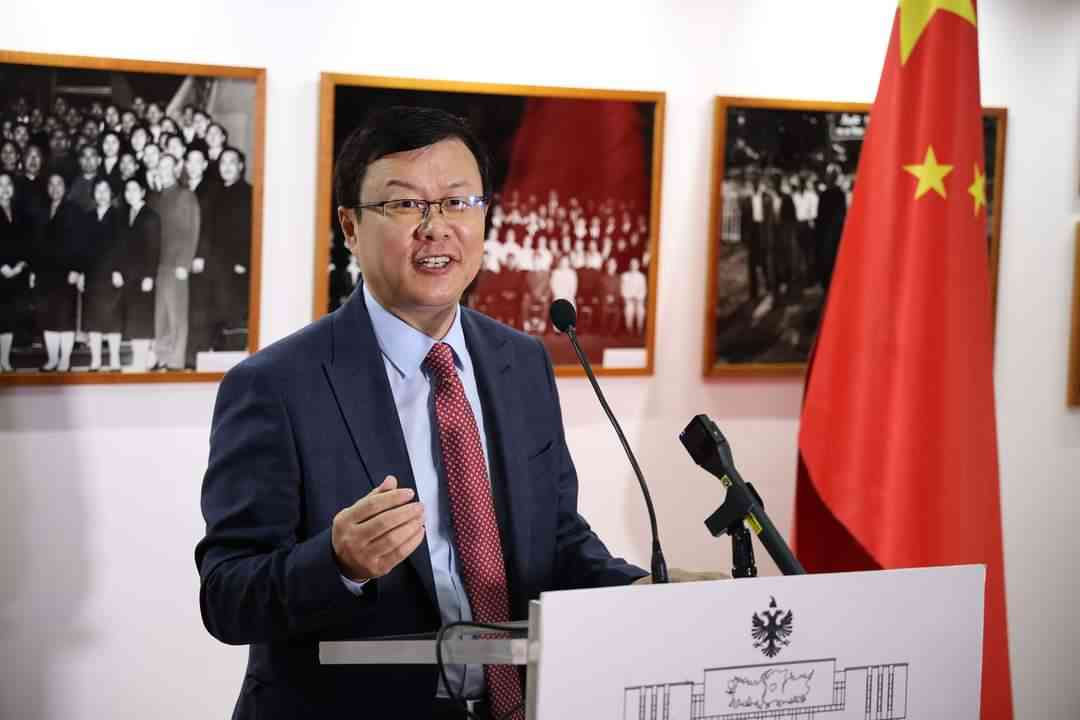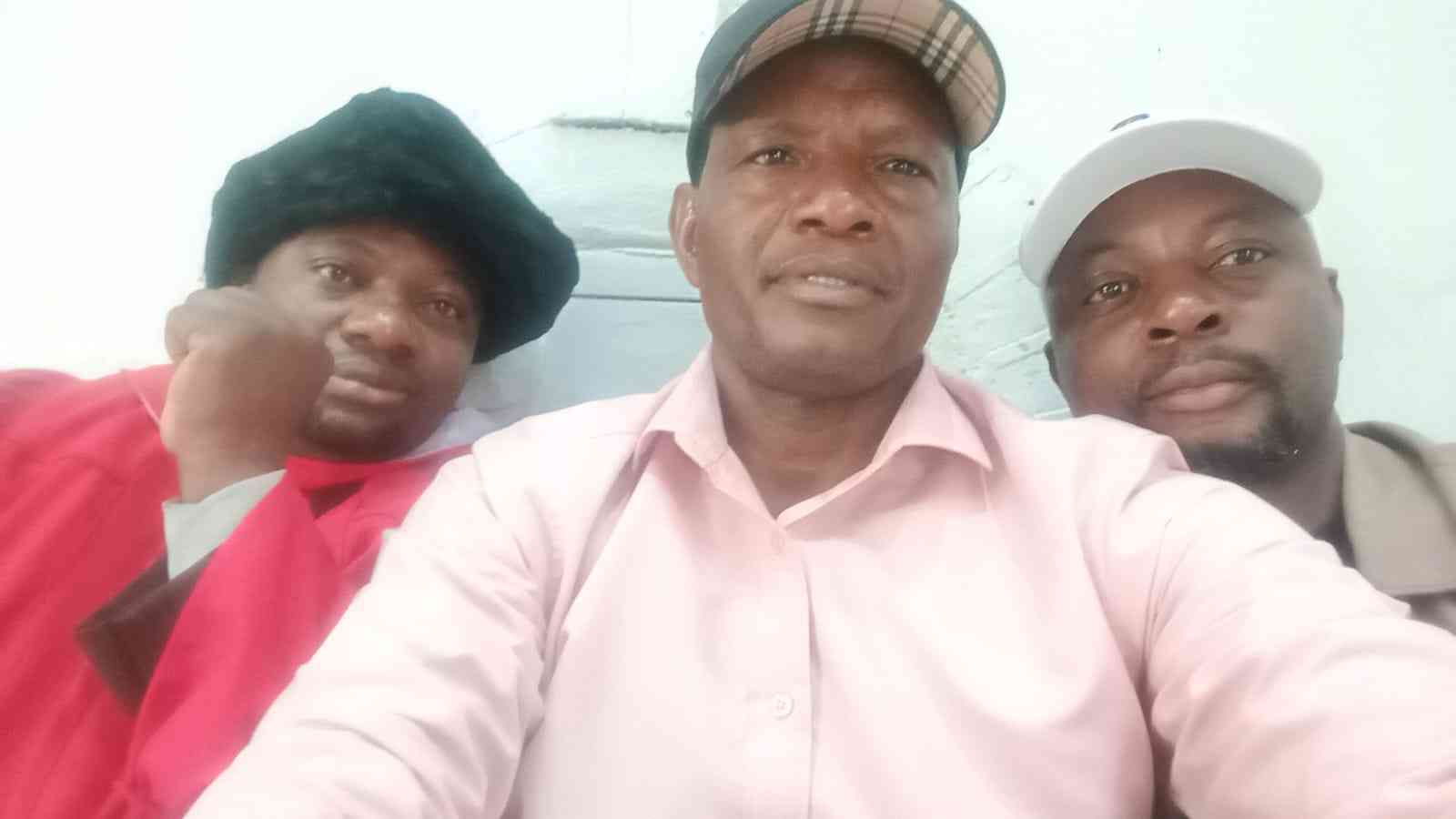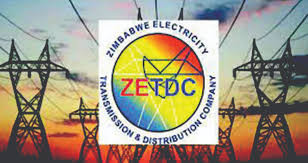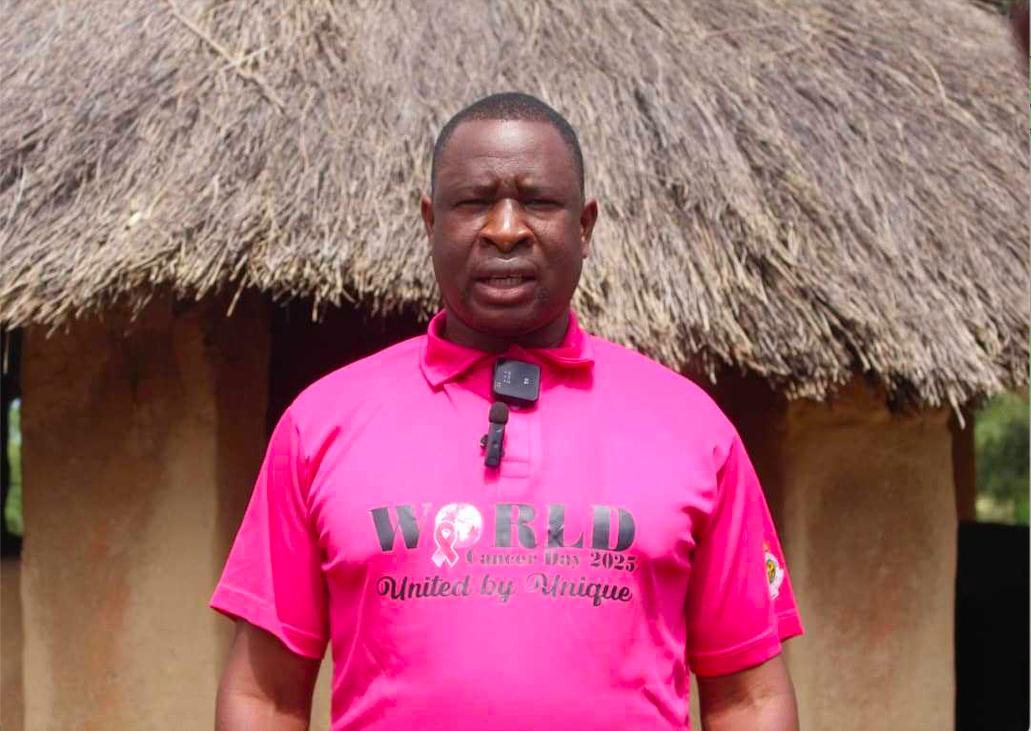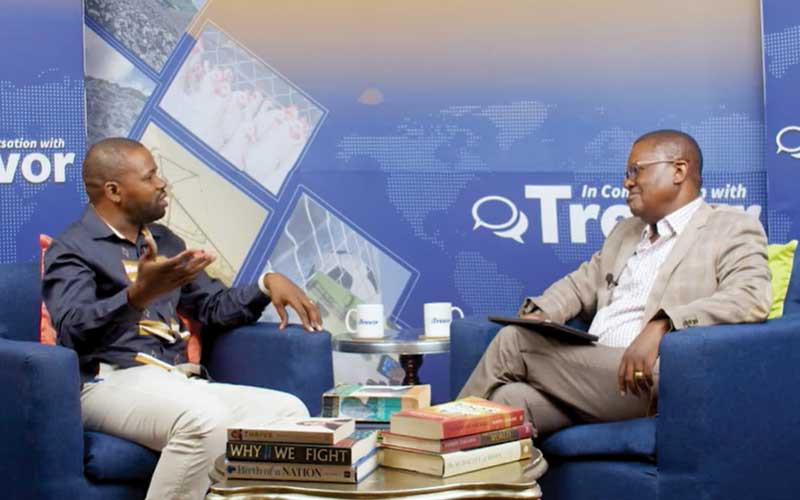
Zimbabwe’s elections have become a source of fear for the electorate and there is need to evaluate whether it is worth going through the ritual, Zimbabwe Human Rights Association (ZimRights) national director Dzikamai Bere has said.
Bere (DB) made the observations in a wide-ranging interview with Alpha Media Holdings chairman Trevor Ncube (TN) on the platform In Conversation with Trevor.
Below are excerpts from the conversation.
TN: Dzikamai Bere. Welcome to In Conversation With Trevor.
DB: Thank you for having me.
TN: It is a pleasure having you here. Tell me, am I right in assuming that now that the elections are over ZimRights can relax?
DB: No. No way. Trevor you may have been following a lot of the shenanigans happening with our elections, but what has become very clear is that we have been plunged into a perpetual state of elections.
So there is no time to relax.
- ED heads for Marange
- ‘Zimbos dreading 2023 elections’
- Your Excellency, the buck stops with you
- We’ll unleash our dogs: Zanu PF
Keep Reading
TN: What does that mean for the human rights situation? Perpetual atmosphere of election campaigning. What does that mean to you?
DB: Yeah, so a lot of things have been happening, but the first point that I want to underline is that elections in our country have become a source of fear.
You see, elections as part of the machinery that supports democracy are supposed to bring hope, they are supposed to bring good news.
Hope for ordinary people to participate, but the tragedy of our country is that every time an election date is announced there is fear and trepidation.
And where does that come from?
It comes from a legacy of violence because over a number of years now our elections have been known to deliver nothing more than bloodshed.
As a result we have documented, and we have evidence that shows that each time we are approaching an election the incidences of politically motivated violence go up.
In my previous position when I was still working with the National Transitional Justice Working Group, we carried out a study in which we published a report that is called Taking Transitional Justice To The People, a report that shaped the current constitutional provisions around transitional justice.
And we spoke to more than 3,500 people. What do you feel when elections are coming?
They are afraid when elections are coming because there are harrowing stories of political violence.
So you tell us as human rights defenders that when elections are announced it is bad news because we know that it is going to trigger a lot of suffering in the communities.
TN: How do we cure that?
How do we deal with that? Because Dzikamai, I get a sense that whether opposition or ruling party have we learned the lessons from the fact that our elections are violent?
What do we do to ensure that these elections are valid? Have we learnt anything at all? All of us as a nation
DB: Yeah. Trevor this is a very important reflection that you are inviting us to, and we have had several conversations in the run-up to the 2023 elections.
One of the things that we said in the run-up to the 2023 elections is that there is no realistic possibility of this election providing a free expression of the will of the people as embodied in our constitution.
TN: Absolutely.
DB: Now that is an important observation that has not been disputed, in fact it has been confirmed by the election audit that we did together with the Platform for Concerned Citizens hosted by SAPES Trust.
A number of dialogues that did confirm that the situation as it stands, there is no realistic possibility of it delivering the free will of the people.
Now, when you come to that conclusion, the question is where do we go from here?
TN: Yeah.
DB: Now, this is where we have failed as a nation, one to find consensus around what needs to be done.
So you ask me what do we need to do? There are three levels of engagement.
The first level of engagement, of course where I come from, from civil society, as ZimRights you know we are grassroots movement [of] over 250 000 members across the country.
And our key focus is bringing citizen voices into the conversation on human rights.
Now, we need to be asking ourselves as civil society, are we still in touch with the communities that we are representing? A long period of professionalisation of civil society has led to what we call elite capture, and led to the disconnect between civil society and the communities that they represent.
Now, it is very important that we listen and put our hand on the pulse of the communities, and if the communities are saying these elections are delivering bloodshed to us, why do you let politicians proceed with them?
So, there is need for an alignment in civil society, there is Trevor, we will say this without apologies, there is a very profitable election industry in this world.
Billions of dollars go towards elections.
No wonder why you find discord, and this is the time where we need to be speaking to ourselves as civil society, are we just going to go through these elections and tick another box for the sake of another fancy report?
Our view is we should be able to draw a line in the sand, find each other in civil society.
What do the communities expect us to say, to do and to provide leadership, and a lot of our members that we have been speaking to have been saying why are we doing this?
So we need that consensus at civil society level.
TN: Before you go on. Your people are saying why are we doing this? That is the people at grassroots. How do you answer them?
DB: Now, part of the work that we have been doing Trevor is around The People’s Human Rights Manifesto.
And it has been a response to that question, because in these conversations these are conversations that we took seriously in the year 2022 because we knew that 2023 was going to be an election year.
So we had some very deep conversations in which we identified three elements of a toxic political culture.
One is the culture of violence; this is where you know the ZimRights strategy focuses on shifting power to the people.
And we are looking at the power structure called elections. Who does it work for? So, the communities divided that into three, so the first one being violence.
That when elections come, violence is deployed.
I spoke about [how] the situation did not allow for a realistic possibility, and one of the factors for that are the levels of violence.
So, violence is one of the cultures or the pillars of the electoral culture in this country. So we had that conversation there.
The second is the culture of bribery.
Right, when elections come politicians deliver goods, so there is an overflow of seed and all those other goodies that come in.
So that is a culture of bribery because if these things are coming every election, it means you are not getting to a point where the communities are fully empowered.
So, this isn’t an empowerment gift, it is a disempowerment gift because every electoral period is coming back.
So that is the second item.
The third item is what we call cultism.
Elections in our country are a beauty contest, not a contest of ideas, it is about who and not what.
When we then look at these three things communities said how do we shift that power, we then came up with The People’s Human Rights Manifesto, in which communities said we want to try and change the flow of the conversation, instead of the politicians coming to us telling us what they think we want, we want to go to them with very clear key asks.
So, The People’s Human Rights Manifesto, it articulates 10 key asks for the communities.
Which is why in the run up to the 2023 elections on 12th April [2023] we launched The People’s Human Rights Manifesto.
You may have heard one of the political parties saying we do not need a manifesto, but The People’s Human Rights Manifesto became the people's tool to shape the conversation that we are speaking about, so that we begin to shift those three pillars of power.
First, there’s a deep conversation around violence. If you then go through the manifesto there are key demands around violence.
Secondly, the issues of bribery, and then thirdly I mentioned that the issues of cultism. When the communities tell us that why are we doing this, we had that conversation and then we introduced The People’s Human Rights Manifesto as a way of saying politicians, civil society, let us reconnect with what the communities are saying, and build an electoral dialogue based on those 10 asks.
TN: Wow. This is big.
DB: It is.
TN: This is daunting.
DB: It is.
TN: You have said a couple of things that I want us to revisit, which are are worrying for me.
One, the professionalisation of civil society. Speak to me about that. And as you speak to that I want to inject something perhaps that you might push back against.
Which is, I find that the professionalisation of civil society has also gone hand in hand with the partisanship that is within the civil society.
The civil society is no longer an uninterested party, they are taking a part in the controversies that are taking place, the toxicity that is taking place.
Talk to me about that.
It is taking a part, they are toxic, they are contributing to what is happening. Do you want to push back on that?
DB: I can only speak from where I stand, from ZimRights. And this is an honest conversation that we have been having internally.
I have been with ZimRights for over four years now, and I speak about this openly, our shifting power to the people strategy, and perhaps a lot of people wonder where this conversation is coming from.
It is because when we launched the shifting power to the people strategy in March 2022, it is because ZimRights was in trouble.
You are looking at ZimRights, which is Zimbabwe’s first post-independence indigenous human rights advocacy group.
TN: Yeah.
DB: So, we pioneered these conversations at a very indigenous level, but that means we also ran into some problems.
TN: You stepped on a few toes?
DB: Yes, because when you build a mass movement, other parties get interested and their interest becomes the mobilising power of ZimRights.
There are a lot of threads that we can tie to this, but I want to come back to the acknowledgement that there comes a time when we fell victim to what I call elite capture.
Because once your mobilising, power becomes visible, it means a lot of money comes, but this is not money that comes without strings.
So the money comes [with] saying we want you to do election mobilisation.
Because of that they came a time when I think the elections work overwhelmed the entire movement.
So that is one level, to then say human rights are not only about elections, and in our new strategy we have the eight actions on framework which seek to dismantle that imbalance of thinking human rights should just be about elections.
There are people, who when they heard about ZimRights only thought about election mobilisation.
So that is the first level of capture. The second level, you know ZimRights is a grassroots movement, a lot of people do not actually know that ZimRights is not an NGO, right, it is an association.
So this is 250,000 people coming together saying we want to drive human rights.
But when they do that in this context, they then thought we need to also start a resource mobilisation. So they set up a professional secretariat to provide technical assistance.

